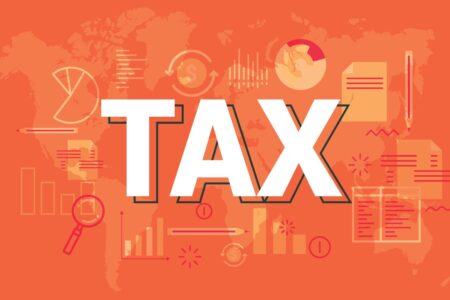
Simon Robinson’s Viewpoint
Back to life…
Taking comfort from the growing signs of recovery
I hope you all summered well and are looking forward to the months ahead.
With some live events to go to and other sectors reopening, it has felt that the slow return to normal life has started to gather some pace. The impressive vaccination roll-out has meant that we could finally spend more important time with family and friends.
After difficult times, we were treated to some inspiring displays of achievement in the recent Olympics and Paralympics, and the highs of a football final and a tennis Grand Slam champion for the first time in quite a while.
On the business front, it’s been reassuring to see surveys from the ONS, GfK, CBI and Lloyds Bank all showing a sure and steady increase in confidence among owners that businesses will recover. This has been reflected too in our conversations with clients.
Taking care of business
Signs of recovery are more prevalent. In early August, just 7% of the business workforce was on full or partial furlough. This followed on from July’s news of a slight increase in the employment rate (taking it to 75.1%) and a decrease in unemployment (reducing to 4.7%).
Since May, there has been a record high in job vacancies. Though the end of furlough may help alleviate this, it will inevitably lead to pressure to pay higher wages, which will in turn push up prices. It certainly seems to be the time to sign up to an HGV driver training course!
Businesses are also embracing new ways of working to retain some of the benefits that came with a remote workforce. Our Business Club recently discussed the new hybrid (blending remote and on-site) working environment (see page 9 in the magazine).
That theme of business adaptability and growth is further explored in an account from one of our clients, who has successfully built multiple businesses (see page 8).
Don’t stop believing
The path to recovery is littered with obstacles. Recent UK headlines have revealed staff and stock shortages as well as distribution challenges. In addition to the talent gap, ‘pingdemic’ and still-high Covid-19 case levels, Brexit hasn’t helped the situation.
This was highlighted in a study of owner-managed businesses by the Association of Practising Accountants (of which Shipleys is a member). It reported 24% of owners have experienced a negative or very negative impact on their business since the UK left the EU. Fifteen per cent also cited Brexit supply chain issues as their single biggest challenge. See https://tinyurl.com/ydssdub6
Looking ahead, this bumpy road will continue for a while yet. For one, it’s not clear yet what further movement the UK will see in inflation rates, and their impact on prices.
It is also challenging that fresh government measures still require organisations to grapple with new compliance obligations. In particular, there is the use of contractors and off-payroll working (see page 2), VAT changes for E-commerce and trading with the EU (page 7) and the continued roll-out of Making Tax Digital (also page 7).
Now is certainly a good time to plan for the corporation tax changes due next year and make the most of current reliefs (see page 3). Be mindful too that the government has launched a consultation which would force unincorporated businesses (such as partnerships, self-employed individuals, trusts and estates) to move their year-end to align with the fiscal year from April 2024*. Read more in our article at https://tinyurl.com/eyu6tb
While writing this, the government has also announced a planned increase in national insurance and dividend tax – see https://tinyurl.com/yv2hkz99
Trust in me
On a different note, and in response to many questions we receive about them, in this issue we’ve explained the different types of trusts and in what situations they benefit organisations or individuals (see pages 4 and 5).
For our private clients, we’ve also highlighted some fresh pension-related developments to be aware of (see page 10).
…Back to reality
Since 1 September we have initiated a phased return to the offices for all our team. This is built on a system which blends remote and in-office working to support the covid-secure measures we have established.
Like many businesses, we are exploring the new hybrid working environment. You can find out more about the new arrangements here https://tinyurl.com/3wjyxzsb
Rest assured our staff continue to be available, combining working remotely and being in the office. They are aided by our technology infrastructure and here to support you. Please do reach out, as we are keen to help.
Wishing you a rewarding and successful autumn.
Simon
Download your copy of Shipshape Autumn 2021
Shipshape articles are intended to create awareness of issues and specific advice should be obtained before taking action, or refraining from taking action in relation to the topics covered. If you would like advice or further information, please speak to your usual Shipleys contact.
*Note our printed version of Shipshape was published before the Government announcement which put back the proposed date of the basis periods rules’ changes from April 2022 to April 2024. This digital version of the Magazine reflects the latest position at 27 September 2021.
Copyright © Shipleys LLP 2021















